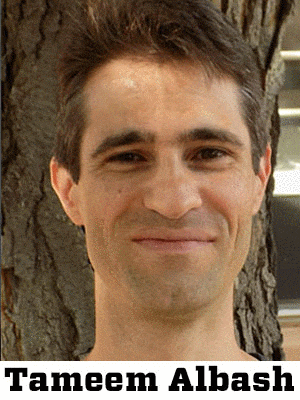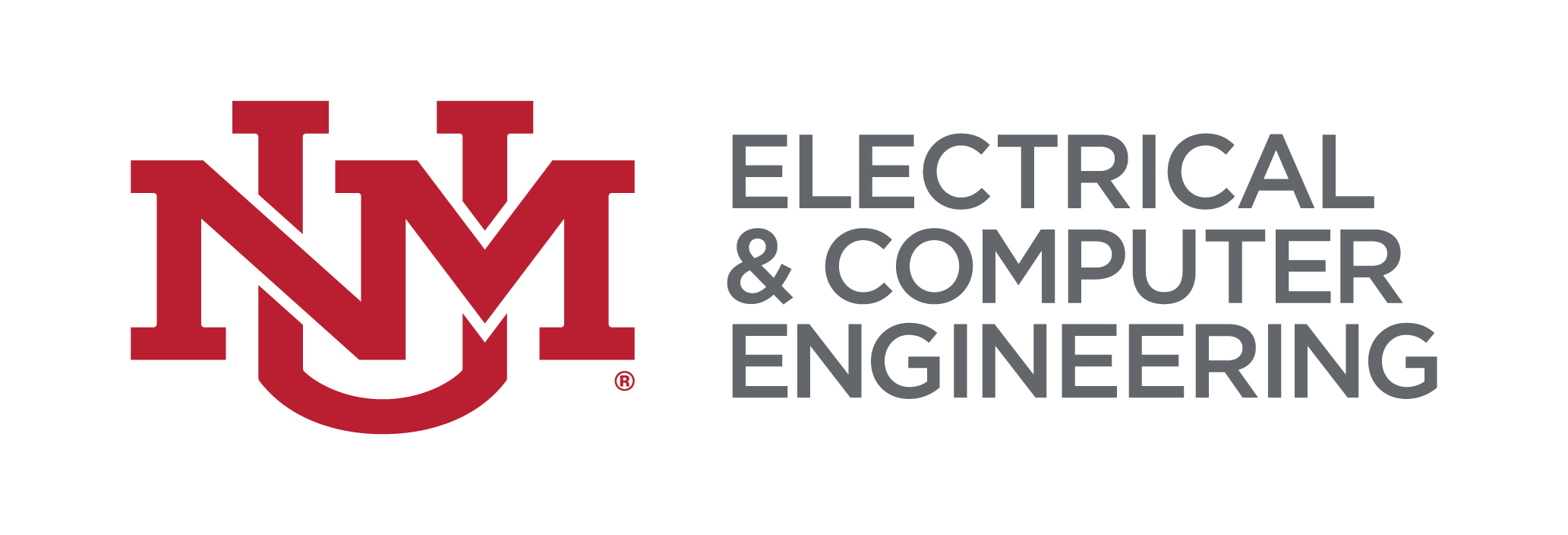Recent News
February 13 seminar: Francisco Riberi
February 9, 2026
February 6 seminar: Marios Pattichis
February 4, 2026
January 30 Seminar: Unal Sakoglu
January 29, 2026
December 5 Seminar: Sal Portillo
December 3, 2025
News Archives
QSA is Major Win for ECE
February 28, 2022

When DOE announced that QSA was to be one of its five new NQI Centers, ECE Chair Michael Devetsikiotis said, "This is a major win for UNM and also for us in ECE." Here's why:
On Wed, Aug 26, 2020 the US Dept of Energy (DOE) formally announced the creation of five Quantum Information Science (QIS) Research Centers, "These centers will combine the full strength of our National Labs, our universities, and our public and private sector partners," read the press release.
Those five QIS Research Centers will share in a $625-million, five-year DOE grant.
One of those QIS Research Centers is called QSA for Quantum Systems Accelerator. QSA is lead by Lawrence Berkeley National Laboratory and Sandia National Labs and has been given a $23 million dollar/year slice of the pie.
The University of New Mexico is one of 15 institutions that make up the QSA.
"UNM will play an important role in working with our partners to develop near term applications for quantum computers as well as basic research that helps us to understand where we can expect a 'quantum advantage' over traditional 'classical' computers," said Dr Ivan Deutsch, Director of the Center of Quantum Information and Control (CQuIC), an interdisciplinary center for QIS at UNM. Deutsch also serves as a regent's professor at Physics and Astronomy.
"I work closely with members of ECE," said Deutsch who said he also worked to secure the Quantum Computing Faculty Fellowship. "Michael [Devetsikiotis] and I have collaborated so that UNM could become the only US university to join the IBM Q Hub network."
Deutsch works closely with ECE Asst Prof Tameem Albash, who leads the Q Hub Effort at ECE. They share a joint grant with the Air Force Research Laboratory where they are exploring a new platform for quantum computing.
"Quantum Information Science is an interdisciplinary subject at the interface of quantum physics and information science," said Deutsch. "As such there is natural collaboration between the Department of Physics & Astronomy and the Department of Electrical and Computer Engineering."
Indeed, ECE faculty Tameem Albash and Milad Marvian are core members of CQuIC.
"It is thanks to Michael Devetsikiotis' and Ivan Deutsch's vision that quantum information science has found a home in engineering and that Milad Marvian and I were invited to be part of CQuIC’s steering committee as part of our appointments," said Tameem Albash who teaches an introductory course in quantum computing at ECE. Albash's primary appointment is in ECE, with a courtesty appointment in Physics and Astronomy.
"Much of my work (if not all of it) involves computer simulations of quantum and classical systems, so that’s my research playground," said Albash.
"UNM has been one of the pioneers of quantum information from the early stages and has continued its strong presence in the field," said Asst. Prof. Milad Marvian, who just moved to UNM from MIT where he was a postdoctoral associate.
"My hope is that students and faculty in ECE will want to join us in this opportunity to interact and collaborate with world-leading researchers in quantum information science," continued Albash. "UNM already has strong ties with Sandia National Labs, and I hope this effort will further strength those ties. It’s worth mentioning as well that Michael has spearheaded our membership in the NC State IBM Q Hub, which is another great opportunity for ECE to participate in the quantum computing domain."
I asked Marvian, who is planning to teach a course on Quantum Error Correction next spring, how he got involved with QIS research.
"My passion for learning and working on quantum information science started the last year of my undergraduate where I took a graduate course on quantum information. It was fascinating!" said Marvian. "The idea of understanding the weird properties of quantum mechanics, and then following their deep consequences of how we think about computation and information had the right mixture of fundamental science and engineering for me. Since then, I have been working on various aspects of quantum computing and information theory."
It's easy to get lost in all the acronyms and complexities of Quantum Information Science, so I returned to Dr. Deutsch and asked him if he could possibly "dummy down" QIS in language that the rest of us could understand and he returned with the following response:
"The current digital age is based on bits — zeros and ones. Information travels the internet, our computers, and smart phones, in the form of bits that encode information. Quantum bits (qubits) have a fundamentally different logic and can potentially unlock tremendous information processing power. With this power we might design new drugs, materials, have a perfectly secure internet with no identity theft, and break other codes of our adversaries. But this is still laboratory science and engineering. We are still learning about where we can attain a "quantum advantage" over traditional information processors and verify we obtained that advantage with our experiments. This is QSA’s goal. We will push the boundaries of cutting-edge quantum technologies for usual applications," said Deutsch.
